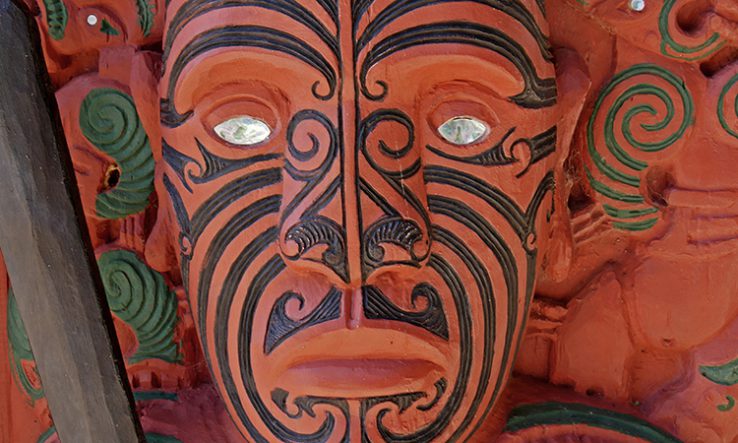
Training should provide better understanding of Māori and Pasifika cultures and social models, lecturer says
Social work education in New Zealand needs to include courses that will make students more aware of Māori and Pacific Islands cultures and family structures, a Massey University academic has said.
Paulѐ Ruwhiu, a lecturer with the school of social work, has suggested that “decolonisation topics” such as history and cultural dominance would help improve relations with clients.
“I’ve got no problems teaching the western models, but I do have a problem when I can’t see my own culture in the courses delivered, particularly when social workers will go out to communities where the service users are mainly Māori and Pasifika,” she said in a university statement.
Ruwhiu has recently completed PhD research into the process of decolonisation and the experiences of Māori social workers and social work students.
“What I found is that we are too busy talking about the impacts of colonisation, which creates a deficit focus for Māori as the oppressed, with an emphasis on how Māori can work with Pākehā [people with British or European heritage], not the other way around,” she said.
Ruwhiu’s doctoral thesis outlines a three-tier change structure for tertiary social work courses taught in NZ. The tiers are: introducing a decolonisation process for students; making sure that western and Māori social models work together in a parallel curriculum; and policy changes to social work registration.
The registration process for social workers in NZ requires a written application that demonstrates an applicant’s knowledge of Māori principles such as iwi [community], hapū [clans or historical connections] and whānau [extended family].
“We’re face-to-face people, so writing on a piece of paper, ‘This is how I work with tangata whenua [people of the land],’ is not a fair process for everyone. A fair process requires a kanohi ki te kanohi [face-to-face] situation,” Ruwhiu said.
Kieran O’Donoghue, head of the university’s social work school, said that Ruwhiu’s research would provide guidance for training future generations of social workers in NZ and other countries.
“The decolonisation process for Māori social workers and Māori social work students developed by Dr Ruwhiu is an outstanding and needed contribution for Indigenous social work internationally. It also provides a map for the transformation of the social work profession and how we educate social workers in Aotearoa New Zealand over the next decade.”